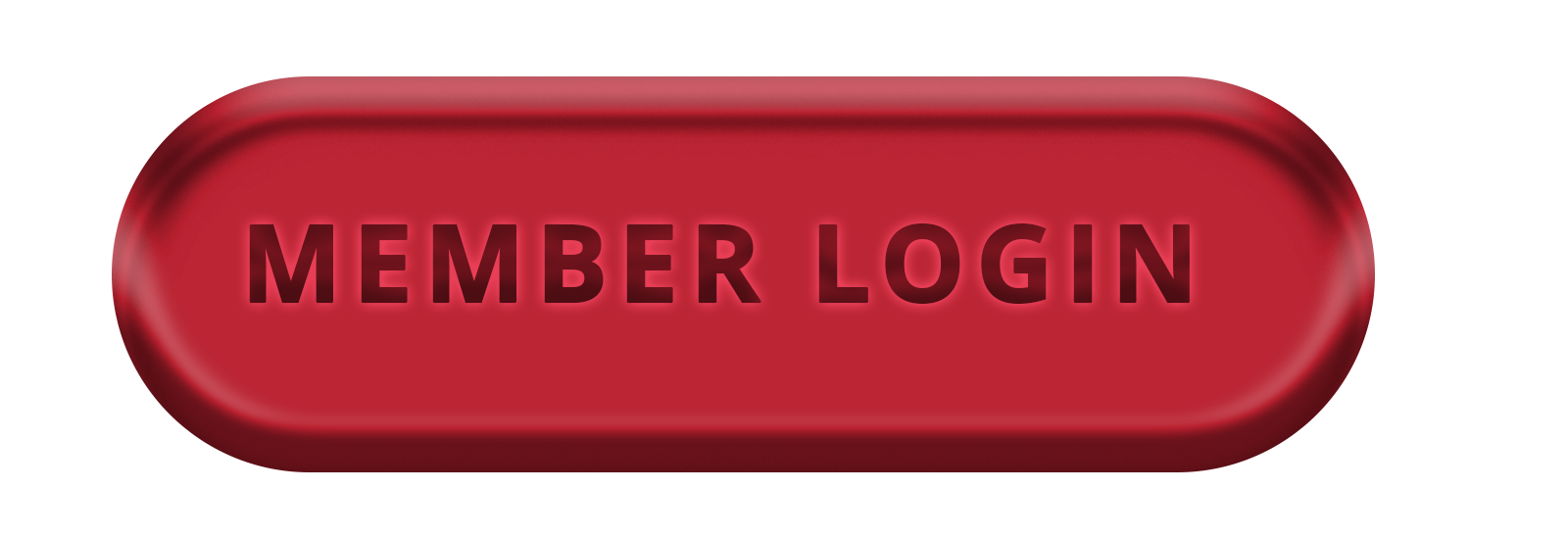- Magazine Cover
- CEO & Contents
- Women on the Rise
- Digital Innovation for SMEs
- Stephenie Rodriguez 3P’s of Happiness
- Navigating the Future of HR
- Websites Essentials
- Leadership Tips
- NEW Retail Supplement
- Finance, Insurance & Super Summit
- Gender Awards Winners & Glam
- Inclusive Leadership
- Award Finalists
- Unconcious Bias
- Psychosocial Hazards
- Mentoring
- Giveaways
Breaking Biases:
The Evolution of Unconscious Bias Training for Lasting Impact
Unconscious bias training, while often well-intentioned, may not always achieve its intended outcomes. In the findings of the 2019 meta-analysis conducted by psychologist Patrick Forscher and his colleagues, the reasons why unconscious bias (UB) training may not work can be further substantiated:
- Limited Impact on Behaviour: As highlighted in the 2019 meta-analysis of over 490 studies involving around 80,000 participants, conducted by Patrick Forscher and colleagues, UB training was found to have little to no effect on changing biased behaviour. This large-scale study underscores the challenge of translating increased awareness into actual behavioural change.
- Lack of Depth and Duration: Many UB training programs are brief and superficial. Meaningful change requires more in-depth and prolonged engagement than what is typically provided in standard training sessions.
- Resistance to Change: People might resist acknowledging their biases or feel accused, leading to defensive attitudes that hinder the effectiveness of the training.
- 4. Overemphasis on Awareness Over Action: Training often focuses on raising awareness but fails to provide actionable strategies for behavioural change.
- One-Size-Fits-All Approach: UB training frequently adopts a generalized approach that may not address specific needs or contexts, reducing its effectiveness.
- 6. Lack of Follow-Up and Reinforcement: Without continuous support and reinforcement, the impact of training can diminish over time.
- Challenges in Measuring Effectiveness: The difficulty in effectively measuring changes in unconscious biases makes it hard to assess and improve the training’s impact.
- False Sense of Security: Participants may mistakenly believe they are free of bias post-training, potentially leading to an increase in biased behaviour.
- Simplification of Complex Issues: Unconscious biases are complex, and oversimplified training may fail to address these nuances.
- Cultural and Individual Differences: The effectiveness of UB training can vary significantly across different cultural and individual contexts.
- Lack of Integration with Broader Efforts: If UB training is not part of a comprehensive diversity and inclusion strategy, its effectiveness can be limited.
The findings of Forscher and his team are particularly significant, emphasizing that while UB training can raise awareness, it does not necessarily lead to a tangible reduction in biased behaviour. This approach aligns with the growing understanding that tackling unconscious bias requires sustained effort, practical application, and a commitment to ongoing learning and development.
Discover Yourself with Our Weekly Unconscious Bias Quiz!
Are You Ready to Challenge Your Perspectives?
Join us every week for an enlightening journey into the world of unconscious bias. Our interactive quiz is more than just a set of questions – it’s a path to self-discovery and growth!
🧠 Expand Your Mind: Uncover hidden biases that you might not even know you have.
💡 Learn and Grow: Each quiz is a chance to learn something new about yourself and the world around you.
🏆 Weekly Challenges: Every quiz offers fresh and thought-provoking scenarios.
🎁 Special Rewards:Track your progress on our leader board. Participants get exclusive access to insightful resources and stand a chance to win exciting prizes!
It’s Free, Fun, and Incredibly Eye-Opening!
Sign up now and start your journey towards greater self-awareness and understanding. Let’s break barriers and build bridges, one quiz at a time!
*our path to a more inclusive mindset begins with a single question.*

